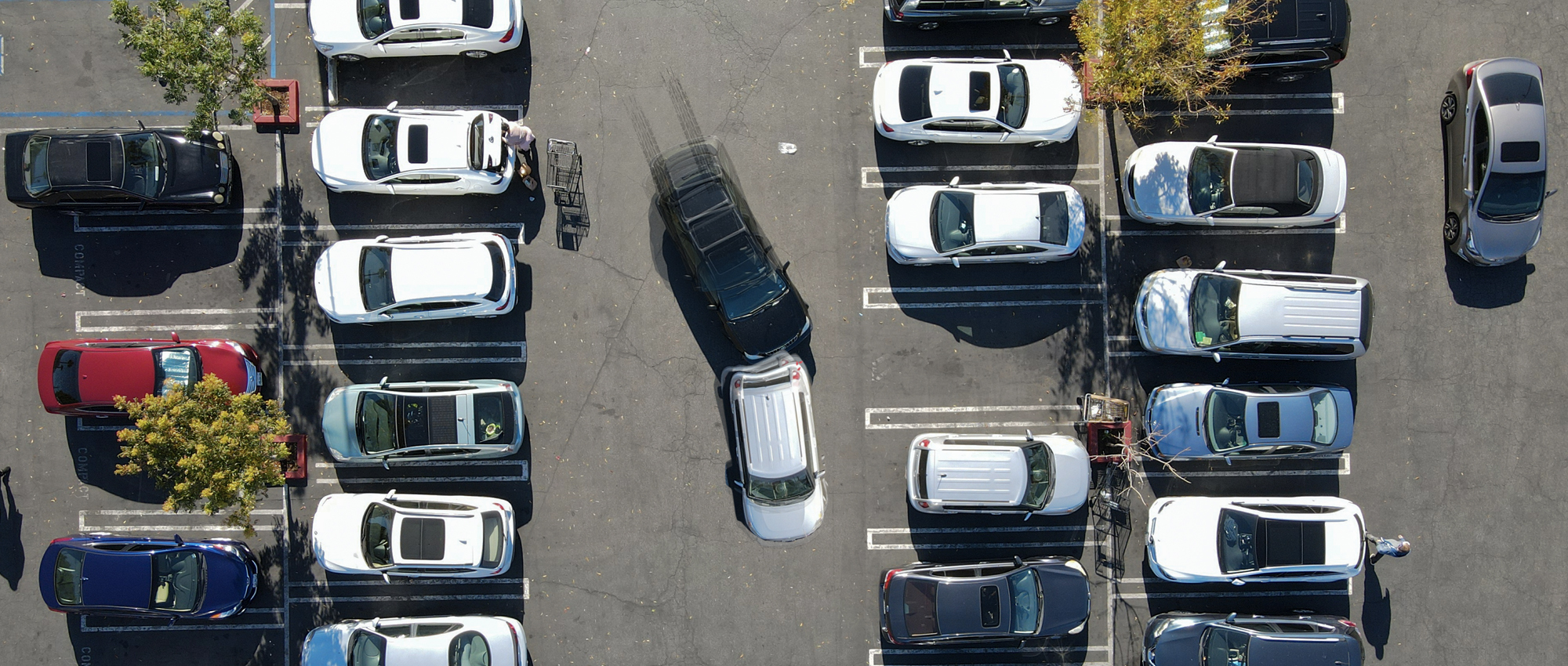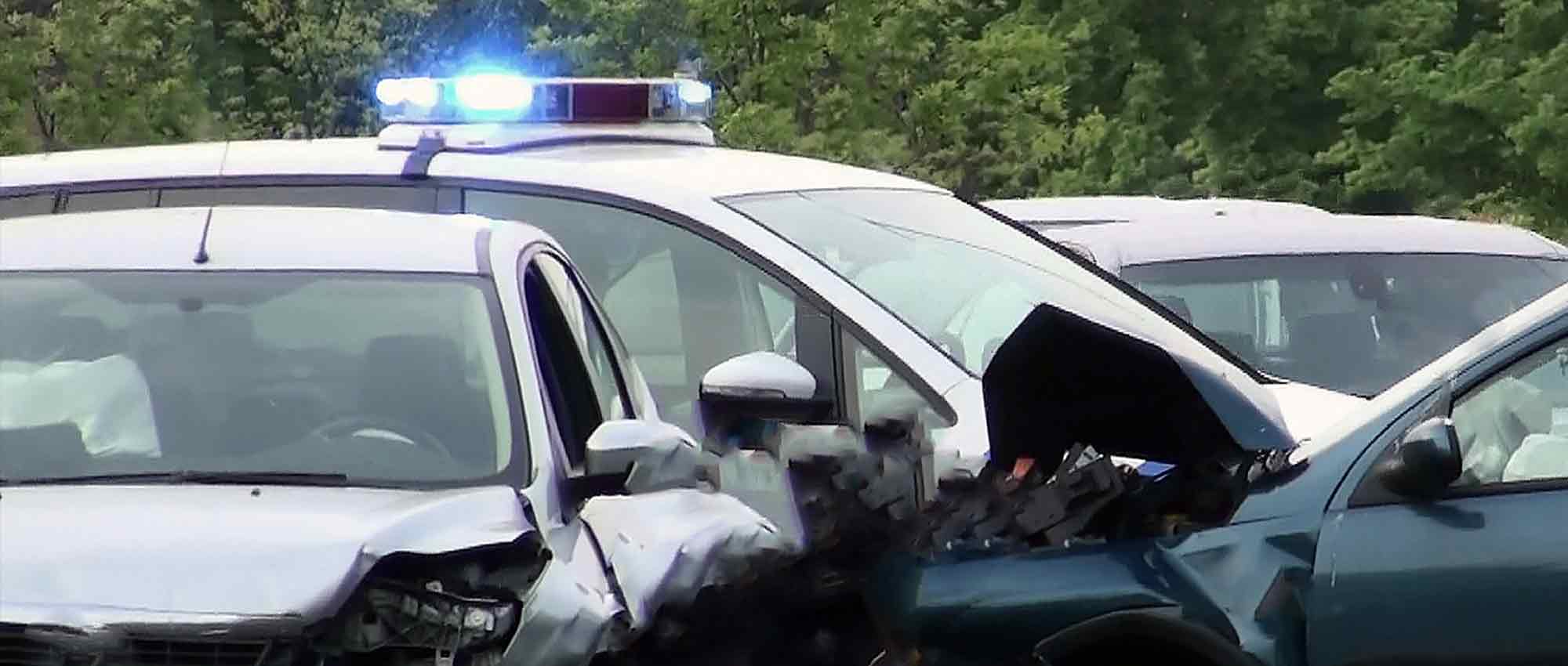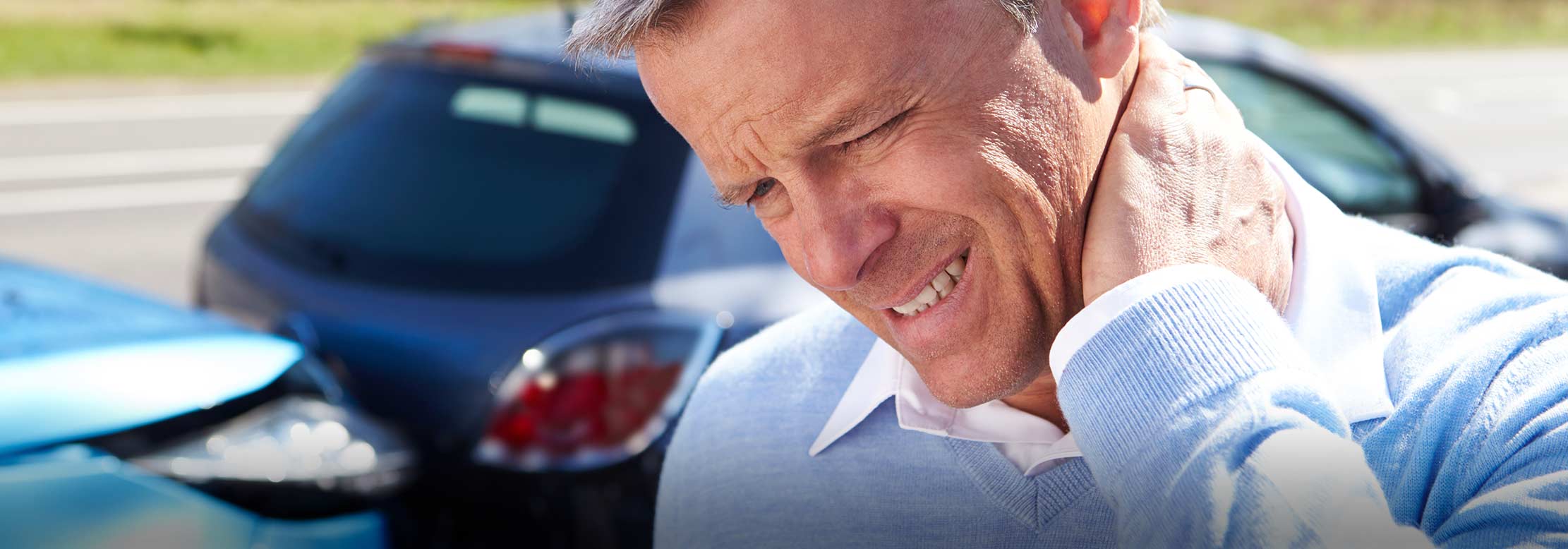
Auto Accidents Involving Rear-End Collisions
Rear-end collisions are common and cause injuries that range from cervical strain to herniated disks and subdural hematomas. The difference in the type of injury is due to the force of impact and the person’s position when hit.
Drivers feel vulnerable to this type of car accident, mainly when the vehicle behind them is too close and going too fast. take a look at the incidence of rear-end accidents, their cause, who is responsible and what sort of injuries they precipitate. For more specific information about regarding your potential claim contact our Myrtle Beach car accident lawyers today.
Jeff Morris - A Myrtle Beach Auto Accident Attorney
Jeff Morris always tells you how it is during your free case review. He is up-front and gives you an honest appraisal of your accident. He provides you with your options going forward and answers your questions - every one of them.
His is a compassionate law firm from the lawyers to the staff. You can rely on their taking care of everything that needs to be done once you retain them from talking to the insurance company in your place to ensuring that all documents are filed in a timely and appropriate manner. Call him at (843) 232-0944 to schedule a free case review.
Incidence of Rear-End Collisions
Every year there are approximately six million car accidents nationwide. Of this number, 40 percent or 2.4 million are rear-ended collisions.
This represents a rear-end accident every eight seconds, and the numbers are increasing, according to the National Highway Traffic Safety Administration. In addition, 81 percent of all rear-end collisions occur when the lead vehicle is at a standstill and the driver behind them is both distracted and aggressively tailgating.
Unlike many types of accidents, rear-end collisions happen most frequently during daylight hours and are often seen on a straight road. Men have more rear-end accidents than women, and texting is a primary reason they happen.
Who Is at Fault?
In most cases, it is the driver to the rear who bears liability for the crash. However, there can be extenuating circumstances. For instance, if a vehicle lacks functioning brake lights, other drivers will find it hard to tell if the driver applied the brakes or stopped. This is worse at night, and the car might not be visible at all.
How Can Rear-End Collisions Be Stopped?
The driver to the rear should keep a proper distance from the car ahead of them. In inclement weather, space should be greater. Big rigs, because of their difficulty in stopping quickly, should leave even more room.
How to Determine Fault
In South Carolina, drivers who share fault in an accident can still receive compensation for damages. Under the state’s modified comparative negligence law, the driver who is partly at fault sees their compensation reduced by the extent of their liability as long as it is not greater than 50 percent.
If an auto part, such as the brakes, is defective, you can lodge a product liability lawsuit against the manufacturer. Yet, elements like the speed of the vehicle and the distance from the lead vehicle need to factor into the division of damages.
Injuries
The most common injury is cervical sprain and strain, usually called whiplash. It causes a rapid back and forth movement of the head similar to that of a whip upon impact. The condition usually resolves with rest and analgesia within a month. Symptoms are often delayed and can take up to 72 hours or longer to appear. In some cases, individuals may be symptomatic for more than a year.
A subdural hematoma can also occur when the impact is significant. This condition is an accumulation of blood between the dura (membrane around the brain) and the brain. It can lead to a fatal occurrence if it is not treated correctly.
Concussions and herniated disks are both possible after a rear-end collision. It is essential to be evaluated by a medical professional as soon as possible after an accident.
FAQ
What should I do immediately after a rear-end collision?
If you're involved in a rear-end collision, ensure your safety first. Check for injuries among all vehicles involved and call 911 if anyone needs medical attention. If possible, move to a safe location to avoid further accidents.
What are common injuries from rear-end collisions?
Common injuries from rear-end collisions include neck injuries, such as whiplash, back injuries, soft tissue injuries, facial injuries, severe traumatic brain injuries, spinal cord injuries, and psychological injuries such as post-traumatic stress disorder (PTSD).
How can I prove the other driver was at fault in a rear-end collision?
To prove the other driver was at fault, gather evidence from the accident scene, such as photos, witness statements, and the police report. Show that the other driver engaged in distracted driving, aggressive driving, or failed to maintain a safe following distance.
What should I avoid doing after a rear-end collision?
Avoid admitting fault at the accident scene. Instead, provide factual information to police officers and your insurance company. Admitting fault can complicate your car accident claim.
How long do I have to file a car accident claim in South Carolina?
In South Carolina, you generally have three years from the date of the rear-end car accident to file a car accident claim. However, it’s crucial to contact an experienced attorney as soon as possible to ensure all legal deadlines are met.
Can I seek compensation if I have suffered injuries in a rear-end accident?
Yes, if you have suffered injuries in a rear-end accident, you can seek compensation for medical bills, lost wages, pain and suffering, and other damages. An experienced car accident lawyer can help you pursue financial recovery.
What if the rear-end collision was caused by poor weather conditions or mechanical failure?
Even if poor weather conditions or mechanical failure played a role, you might still be able to seek compensation. An experienced attorney can help determine if the other driver or a third party, such as a vehicle manufacturer, is liable.
What steps should I take if I manifest symptoms of injury after the accident?
Seek medical attention immediately, even if symptoms like neck pain or head trauma don’t manifest symptoms immediately. Keep detailed records of your medical treatment, as these will be crucial for your car accident case.
How can I avoid a rear-end crash?
To avoid rear-end collisions, practice safe driving by maintaining a safe following distance, adhering to speed limits, and avoiding distracted driving. Be aware of the road conditions and the actions of other drivers.
What if I was rear-ended but didn't feel hurt at the time?
Even if you didn’t feel hurt immediately after being rear-ended, you should still seek medical attention. Some injuries, like whiplash or spinal cord injuries, can take time to manifest symptoms. Early medical evaluation is essential for your health and your car accident claim.
What compensation is available for severe injuries from a rear-end collision?
If you sustained severe injuries from a rear-end collision, you might be entitled to compensation for medical expenses, rehabilitation costs, lost income, pain and suffering, and other damages. A car accident attorney can help evaluate your case and guide you through the legal process.
Can I still file a claim if the rear driver denies fault?
Yes, you can still file a claim if the rear driver denies fault. Your attorney will gather evidence to establish liability, such as accident reports, witness statements, and expert testimonies, to support your case.
What role does the insurance company play in a rear-end collision case?
The insurance company will investigate the accident, determine liability, and negotiate settlements. It’s important to have a car accident lawyer to represent your interests and ensure you receive fair compensation.
How can an experienced attorney help with my rear-end collision case?
An experienced attorney can help by investigating the accident, gathering evidence, negotiating with insurance companies, and representing you in court if necessary. They ensure your rights are protected and work to secure the maximum financial compensation for your injuries and damages.
What should I do if the at-fault driver was engaged in aggressive driving or brake checking?
If the at-fault driver was engaged in aggressive driving or brake checking, report this to the police officers at the scene and provide any evidence you have, such as dashcam footage or witness statements. Your attorney can use this information to build a strong case against the at-fault driver.
Are there specific laws in South Carolina regarding rear-end collisions?
South Carolina follows the National Highway Traffic Safety Administration guidelines and state laws that require drivers to maintain a safe following distance, adhere to speed limits, and avoid distracted driving. Violating these laws can establish negligence in a rear-end collision case.
Morris Law Accident Injury Lawyers
The Morris Law Accident Injury Lawyers is here to help after a rear-end collision in South Carolina. We are located in the Myrtle Beach and Murrells Inlet areas. Just give us a call at (843) 232-0944. You can also reach out to us online.








